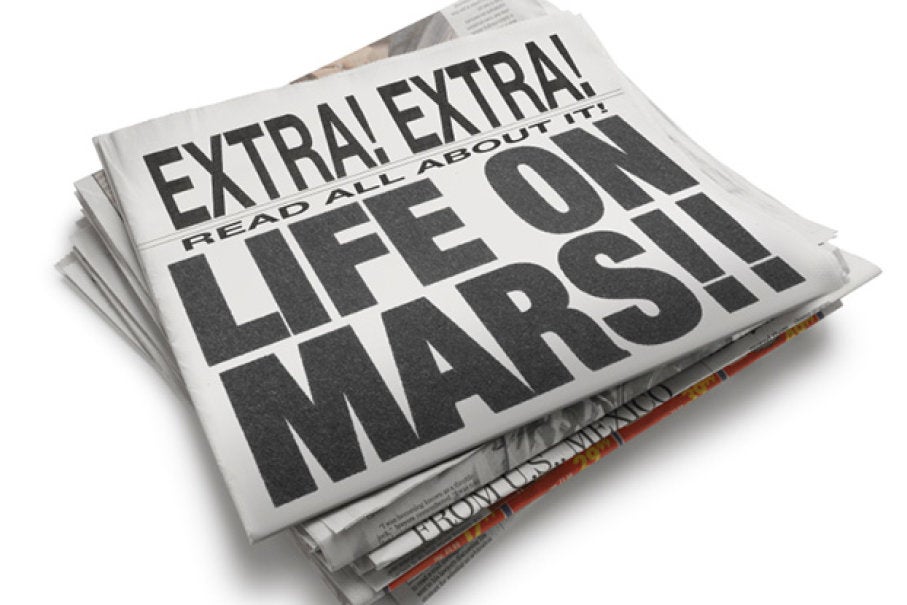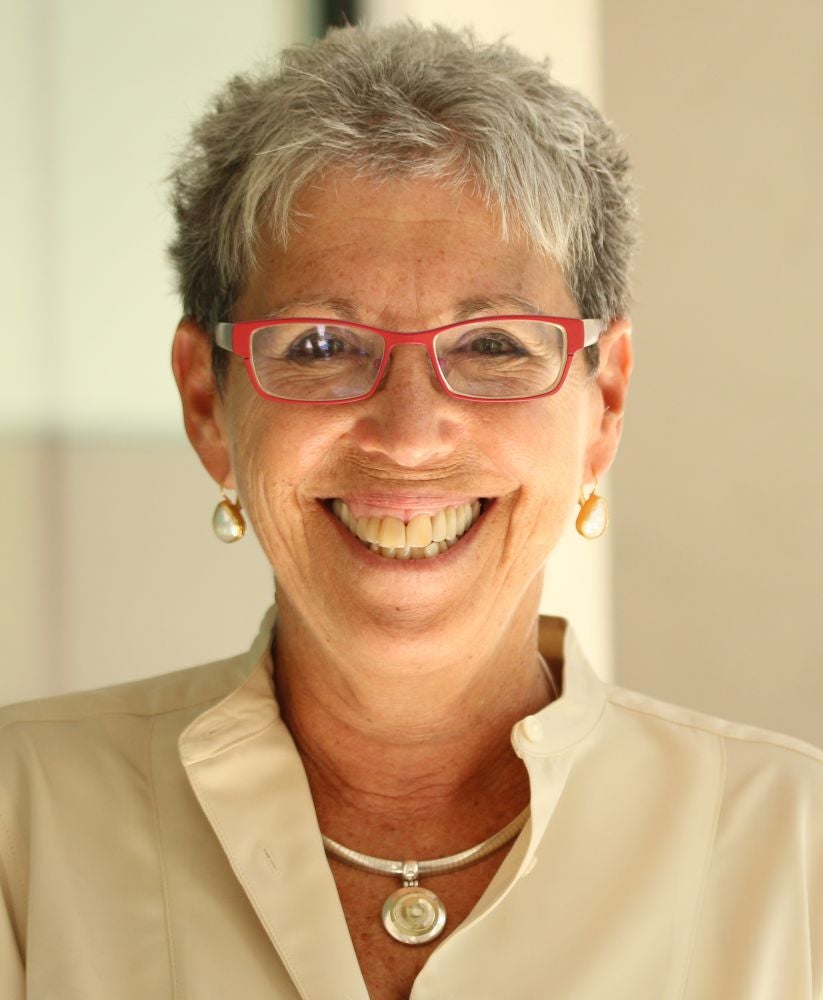
Learning From Lies

You cannot escape fake news. Its ubiquity as a topic is matched only by the vitriol and hand-wringing that accompanies it. We’re constantly told it’s undermining democracy, widening the partisan divide and delegitimizing responsible journalism.
A one-day symposium at UC Santa Barbara, however, will examine fake news from another angle: Is there more to it than disinformation, and how do we approach it? “That’s our goal, to see what we know about fake news and what we can learn from it,” said Cynthia Stohl, a UCSB professor of communication and director of the campus’s Center for Information Technology and Society (CITS).
The symposium — “Is There Any Good News About Fake News?” — will take place Thursday, Nov. 9, at UCSB’s Mosher Alumni House. It will open with a morning session featuring UCSB faculty from a broad range of disciplines along with media professionals and researchers from across the nation. The goal of the session, Stohl explained, is to identify research initiatives for CITS, which is sponsoring the event.
“UCSB has some of the finest social scientists, computer scientists and humanities scholars in the world,” Stohl said. “By bringing our colleagues together with media practitioners and other acclaimed researchers, we not only have the opportunity to learn more about fake news, its effect on society and develop strategies for combating it, but to take this knowledge and develop new research agendas and methodologies to address many of the profound challenges of life in the digital age.”
In the afternoon, from 2:30 to 4:30, a discussion featuring four distinguished panelists will explore fake news from a range of perspectives. The session is free and open to the public.
The participants include Yochai Benkler, a Harvard scholar who has done extensive research on social media; Maggie Farley, a former Los Angeles Times reporter who created Factitious, a game that tests a player’s ability to detect fake news; Eugene Kiely, director of Factcheck.org; and Miriam Metzger, a UCSB professor of communication who studies issues of credibility and how it’s processed and managed.
Each panelist will give brief opening remarks and then respond to questions from one another and from the audience. It will be a more general discussion of whether there is any good news about fake news.
“It didn’t seem we needed another conference for people to tell us that this is happening,” Stohl said. “But we really want to see, ‘What can we learn from it?’ The amount of effort that’s being done by scientists and social scientists to figure out how to identify it; that means we’re learning a lot about human cognition. And we’re learning a lot about communication dynamics. And we’re learning a lot about credibility and trust and networks. We’re learning a lot about human behavior in the emerging media landscape and that’s what we’re interested in, the intersection of information technology and society.”
The challenges of fake news in its various forms, real and imagined, have prompted one of the largest mobilizations of academic talent around a social problem in many years. “Researchers from the social sciences to computer science are working on fake news, and at the same time so are private foundations, policymakers and media businesses,” said Bruce Bimber, a professor of political science and former director of CITS. “I have not seen this level of common concern with a problem in a long time.”
Founded at UCSB in 1999, CITS is a network of scholars that examines the relationship between technology and social issues. Its research is interdisciplinary and seeks to understand and help shape the complex development, use and social effects of information technologies.



